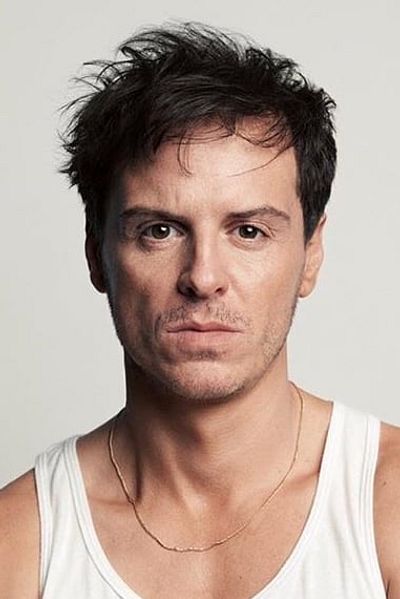British filmmaker Ken Loach returns to Ireland with Welsh writer Paul Laverty (adapting Donal O’Kelly’s play) for the first time since 2006’s The Wind The Shakes The Barley. While it might not be as engrossing as that war drama, Jimmy’s Hall remains an engaging affair.
After spending ten years in America, the eponymous hero (Barry Ward) returns to a backward, set-in-its-ways 1930’s Leitrim and brings with him some lefty pinko liberal ideas - like free education and dancing and whatnot - which doesn’t impress local priest Father Sheridan (Norton) to say the least. Persuaded by some open-minded locals, Jimmy reopens the non-profit hall he once ran before his sojourn abroad and immediately is brought into conflict with the narrow-minded churchies, which spills out into a land war…
You don’t know what to expect from Loach since The Wind That Shakes The Barley. Looking For Eric was about depression, Route Irish about Britain’s place in the war in the Middle East, The Angel’s Share a light-hearted mainstream caper, and the Spirit of ’45 a sullen documentary. However, whatever the plot or genre is, Loach’s socialist, defender of the downtrodden themes slip through and Jimmy’s Hall, based on a true story, was ripe for the Loach touch.
Jimmy’s Hall goes through periods of solidity and some rather ropey, less-than-subtle sequences. The Loach penchant for using local amateurs may lend his films a natural and organic voice but in real emotional scenes, where the film needs an emotional whack, the lack of professionalism lets the side down despite best efforts of those involved - it’s not their fault, they’re not actors.
But the pros in the ranks deliver. Previously unknown Barry Ward turns in a charismatic performance and enjoys genuine chemistry with illicit love Simone Kirby. Best known for playing Father Ted’s Bishop Brennan, it was a brave call casting Norton in the role of a blowhard priest but Norton, and his distinct booming voice, is terrific.
While Jimmy’s Hall can lean heavily on a Quiet Man innocence at times and there is no doubt whom the film sides with, there is at least an attempt at blurring the lines when - gadzooks! - a good priest in the shape of an underused Andrew Scott turns up to point out the hypocrisy of the unchristian ways of the church.




















































































